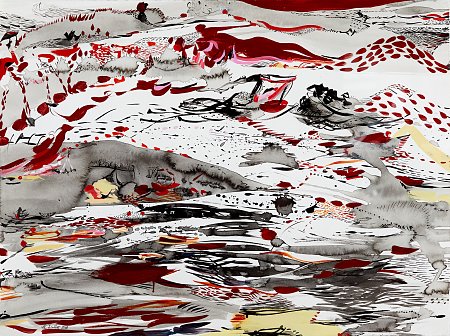
Unwanted Babies
“No!”
“Yes. Once.”
“You got pregnant after doing it once?”
“The social worker came into the room and took her away.”
“Where did they take her?”
“I don’t know.”
“They wouldn’t tell you?”
“No.”
“Can you find out?”
“No. They seal the files.”
“Gosh, Lily. Oh, gosh.” And I burst out crying.
“You won’t tell anyone, will you?”
I went to Harvard for graduate school. It was like going from famine to feast. Surrounded by boys, I had a different date almost every night. In the dining hall, long tables were full of boys; the cafeteria line was boys; boys were in the library and all over the sidewalks and in the bookstores and cafés. I was blissfully blind to the reason for this abundance. Female students were almost entirely excluded from the law school, the medical school, and the business school. My kind and I populated the School of Education and the School of Liberal Arts, especially the English Department. At the time, however, I didn’t make this seesaw computation and was simply delighted.
A lot of the young men were conceited, I’m sorry to say, but there were plenty who were just fun and so wonderfully smart. The law student who became my boyfriend had been a Whiz Kid on TV and could hum every piece of music Dvořák wrote. He could remember jokes and was good at telling them, and he had a beautiful singing voice. Like most smart people, he had a wide range of interests that included cooking and the identification of insects.
As for Cambridge, which to us meant Harvard Square, I loved it. Now, blockish office buildings and chain stores have ruined Harvard Square, and the African scholars don’t wear colorful robes anymore but jeans like everyone else. When I was there, the whole place was geared to the young. Bookstores, cafés, theaters that showed obscure foreign films: We ruled, and it felt great. Harvard Square was like an oasis, a respite from what we thought of as the desert of adult life. We sat in the cafés stoned and watched pedestrians on the sidewalks, and when a woman in her forties walked by pushing a baby carriage I thought, if I ever turn into that, shoot me.
Lily married Lou and moved into his apartment near Harvard Square. Lou was still meaning to finish applying to Brandeis. He was discussing his inertia with the psychiatrist he saw every day. Lily wasn’t interested in fashion, jewelry, or cars. For a wedding present, her mother-in-law gave her a mink coat. She gave it back, much to her mother-in-law’s chagrin. Nonetheless, I wondered if Lily, who seemed unmaterialistic, had married Lou for his money. Married to Lou, she could tie on a smock every morning, squeeze turbans of color onto her palette, wiggle brushes around in turpentine, and paint pictures. This is what she did most days in a room at the back of their apartment, a room that slowly began to fill with canvases leaning against the walls, all of them vague, mushy shapes done in soft focus.
